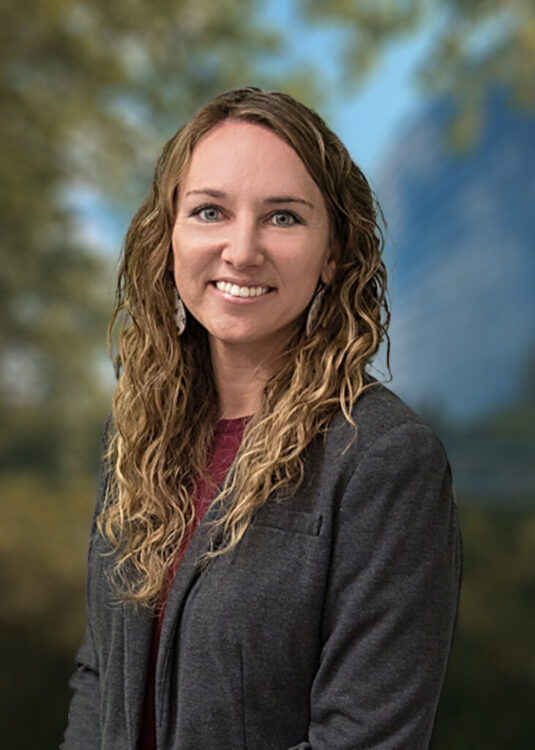Importance of the Revenue Neutral Rate When Creating Budgets
How Municipal Leaders Are Planning for the Future
As municipal leaders prepare for the upcoming financial year, the focus of their attention is on the budget. With the global pandemic continuing to affect the economy, municipal leaders are facing the challenge of creating a financially responsible budget during a period of uncertain economic conditions. The task of creating a budget is made even more difficult because municipalities have been affected by the economic downturn in different ways. Some are experiencing staffing shortages, others can’t find needed supplies, while all are affected by rising costs. As such, municipal leaders must be strategic in their approach to budgeting, considering each department’s unique needs.
When it comes to creating a municipal budget, there are two important concepts to understand: the Revenue Neutral Rate and the Mill Levy Rate. Understanding these concepts is essential for any municipality to effectively manage its resources and ensure fiscal responsibility. The Revenue Neutral Rate is the rate used to generate the exact same amount of property tax revenue as the year before. The Mill Levy Rate is the rate used to collect the amount of revenue from property taxes that is needed to operate the municipality.
As stated above, the Revenue Neutral Rate (RNR) is the rate used to generate the exact same amount of property tax revenue as the year before. It does not allow the municipality to factor into the budget any inflationary increases. It is calculated by taking the total amount of tax revenue levied in the prior year and dividing it by the estimated valuation for the municipality in the current year. This provides a baseline rate that can be used to levy taxes on property within the municipality. The RNR is critical to understand as it not only affects the current year budget but will impact all future year budgets as well.
The Mill Levy Rate (mill levy) calculates the taxes that the municipality needs to collect to meet expenditure needs and to provide citizens with the services that they desire and need from the municipality. Since the RNR does not index for inflation, the municipality is often forced to increase the mill levy in order to provide needed funding for expenditures. This help protect the municipality from depleting its unencumbered cash and from causing strain on the cash flow.
Building Your Budget
When creating a budget, municipal leaders need to understand that maintaining the RNR may look good to citizens from an outside view but keeping the RNR consistent may not fulfill the revenue needs of the municipality. By understanding these concepts, municipalities can ensure that they collect the right amount of taxes to fund their operations without overburdening their citizens. This helps maintain fiscal responsibility and ensures that the municipality can provide the services its citizens need.
You will need the following to start on a budget:
- The final adopted prior year budget and any amendments
- Audit report or your financial statements
- County Clerk’s Budget Information
- County Treasurer’s Budget Information
- All debt and leases of your municipality
- Projected state revenue
The State of Kansas is the governing body responsible for the budgeting process. Most municipalities must follow Kansas Statutes Annotated (KSA) when preparing their budgets. These Statutes dictate what expenditures can be spent out of each fund and what receipts can be collected in each fund. After the budget is drafted, the municipality must give notice and conduct a public hearing to answer taxpayers’ questions about the proposed budget. When the budget is final, it is submitted to the County Clerk by August 25 of each year if they are not holding a RNR hearing. If a RNR hearing will be held, the budget is due to the County Clerk by October 1 of each year.
Questions?
Creating a budget is a complex and challenging task that is essential for financial stability. By considering all the factors outlined above, municipal leaders can ensure that their budgets are fiscally responsible and equitable. If you have any specific questions, contact an Adams Brown advisor or the State of Kansas for more clarification.


